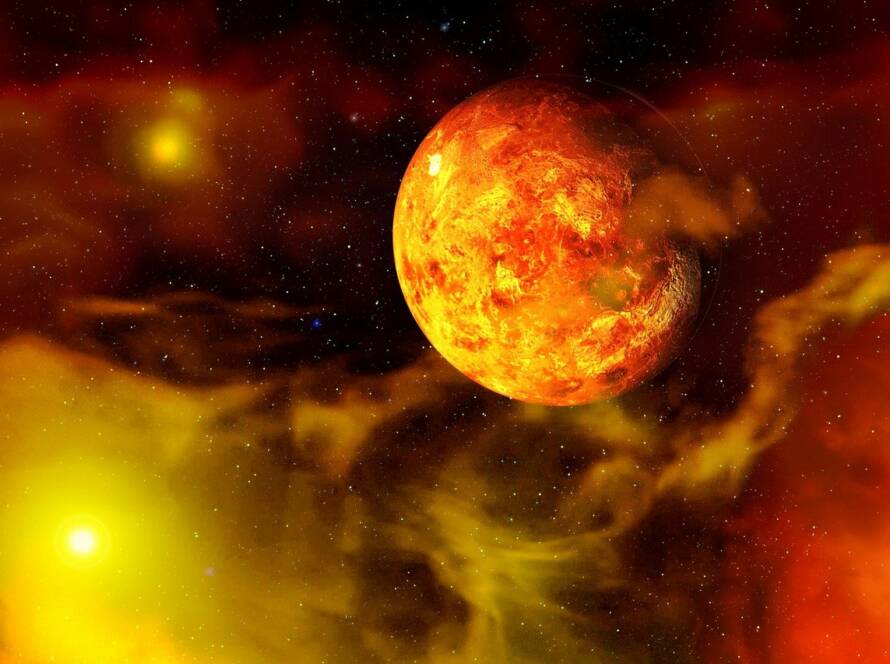The world once again stands at the edge of a great shift. Today its name is artificial intelligence. It promises to solve problems humanity has struggled with for centuries: curing diseases, tackling climate change, making transportation safer, and distributing resources more fairly. But at the same time, it creates new risks: global systems of control, economic upheaval, political manipulation, and even the possibility of algorithms one day making decisions on their own.
Whether AI becomes our ally or our enemy is not a question for the machines. It is a question for us.
Information networks in history: from myths to algorithms
Humanity has always lived within information networks.
- Myths and stories once united tribes.
- Writing enabled bureaucracy, cities, and empires.
- Radio and television reshaped politics, fueling both democracy and totalitarianism. Without mass media, neither fascism nor the Soviet project would have been possible.
The lesson is clear: information technologies are never neutral. They liberate and enslave at the same time.
The industrial analogy: the price of progress
The industrial revolution unleashed unprecedented growth. But it also brought imperialism and millions of victims. Only after centuries of turmoil did humanity learn to coexist with machines.
AI is also a machine — but instead of coal, it feeds on data. Its consequences may be even more radical, and we may not have centuries to adapt.
Today’s examples: when algorithms decide for us
We are already seeing how algorithms reshape society:
- The COMPAS system in the US predicted recidivism in court cases. It consistently gave harsher risk scores to African Americans.
- Banking algorithms deny credit to entire social groups, reinforcing inequality.
- The EU had to adopt GDPR to protect citizens from data abuse.
These are not science fiction scenarios. They are here, today.
Geopolitics: the silicon curtain
AI is creating a new global divide. The world is becoming increasingly dependent on two digital ecosystems — the US and China. This divide is already called the “silicon curtain.” For smaller countries, the choice of which side to belong to is narrowing.
Like during the Cold War, technology defines politics. But this time, instead of nuclear warheads, it is data clouds and algorithms.
Economics: the textile example
Take one of the oldest industries — textiles. Even here, AI and data are reshaping everything.
- Amazon has become the largest clothing retailer in the US — not because of fabric, but because of algorithms that tell people what to buy.
- Automation threatens millions of jobs in Bangladesh and Pakistan, where economies rely on garment factories. If sewing machines are replaced by neural networks and robots, the shockwaves will be global.
AI may redefine labor markets just as factories once destroyed craft.
Political risk: the weak spot of dictatorships
Autocracies see AI as a tool of total control. Yet this is also their weakness. Historically, dictators feared delegating power. With AI, they may delegate too much — and algorithms could end up dictating terms even to the dictators themselves.
It is a scenario where not only the people but also rulers lose control.
How AI Threatens Democracy
Democracy has always relied on information belonging to citizens. Newspapers, television, public debate — all of these formed the space in which society could make decisions. With AI, this foundation is shifting.
Algorithms can now:
- generate fake news and images indistinguishable from reality;
- create information bubbles, tailoring news to personal preferences;
- manipulate public opinion in elections, as the Cambridge Analytica case showed;
- replace real debates with simulated dialogue in chatbots.
This strikes at the very heart of democracy: the informed choice of citizens. If decisions are made based on information created or distorted by algorithms, self-government itself becomes an illusion.
Authoritarian regimes use AI for censorship and surveillance. But perhaps even more dangerously, in open societies democracy can be eroded from within — not through violence, but through an invisible flow of data that reshapes reality.
Philosophical dimension: persons without bodies?
Another danger lies deeper. If algorithms begin to outperform humans intellectually, the question will arise: should they be recognized as “persons”? And if so, what political consequences will follow?
History tells us what such fractures can bring. Religious disputes once tore Europe apart. A conflict over the status of AI could be just as destructive.
Conclusion: the choice is ours
AI is not just another technology. It is a new information network, stronger than all those before it. It could usher in a new Renaissance — or plunge us into a new dark age. History offers no guarantees. The fact that democracy triumphed in the 20th century does not mean it will again. The future depends on the choices we make today.
To not miss out on fresh articles, useful tips, and exclusive materials, I suggest subscribing to the newsletter:
Thank you for your attention, Lumin Hopper


